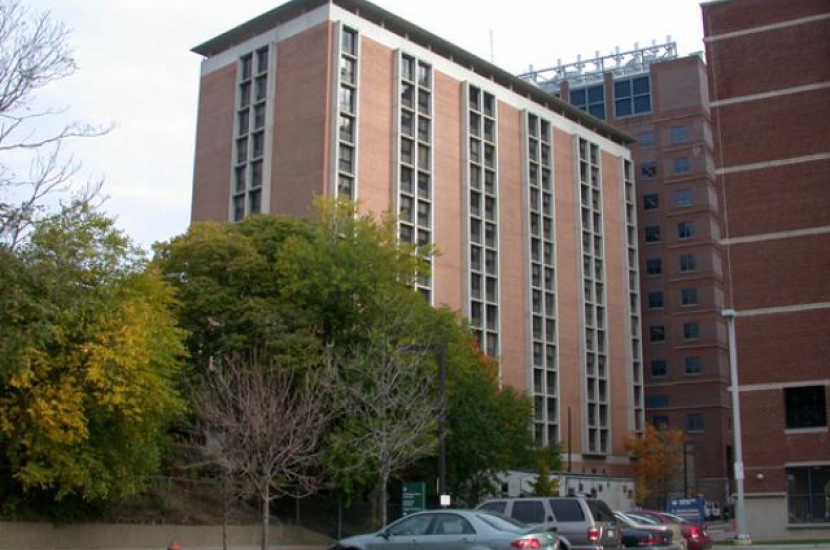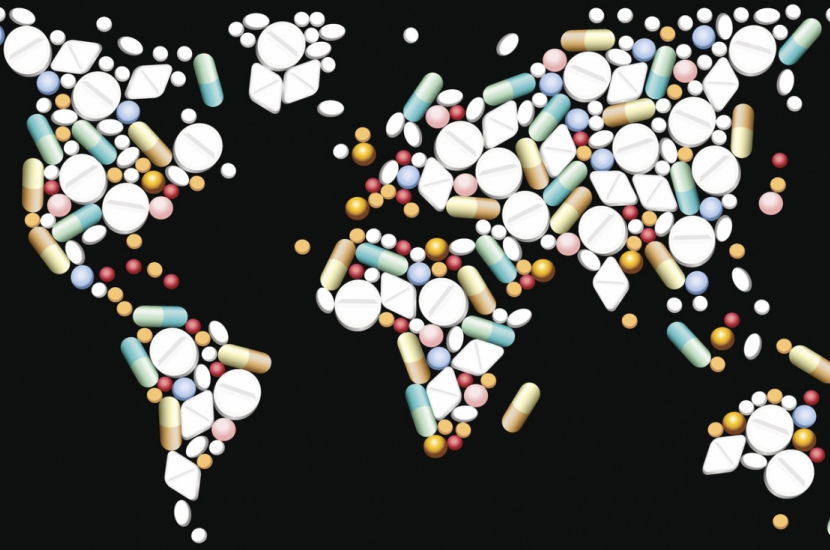What is Real-World Evidence?
Much of what we know about the effects of medications and other medical products (e.g., vaccines, medical devices) comes from pre-approval randomized clinical trials (RCTs). Pre-approval RCTs provide crucial information about how well a product can work under ideal conditions, but are sometimes infeasible because of logistical or ethical concerns, and often do not tell us how well the product does work in real-life settings. Patients, clinicians, and policymakers need real-world evidence (RWE) about the effects of medical products across a range of patients and a range of settings so that they can decide which products to take, prescribe, and cover. RWE seeks to complement rather than replace the knowledge gained from pre-approval RCTs to inform clinical and policy decisions.
CREST Mission
The Center for Real-World Effectiveness and Safety of Therapeutics (CREST) was established in 2012 as the Center for Pharmacoepidemiology Research and Training, and is based in the Department of Biostatistics, Epidemiology and Informatics in the Perelman School of Medicine at the University of Pennsylvania.
The mission of CREST is to:
- Assist patients, clinicians, and policymakers in decision making by providing rigorous, actionable RWE about the health effects of medical products
- Develop and evaluate innovative methods to develop RWE
- Foster the preparation of the next generation of RWE leaders




